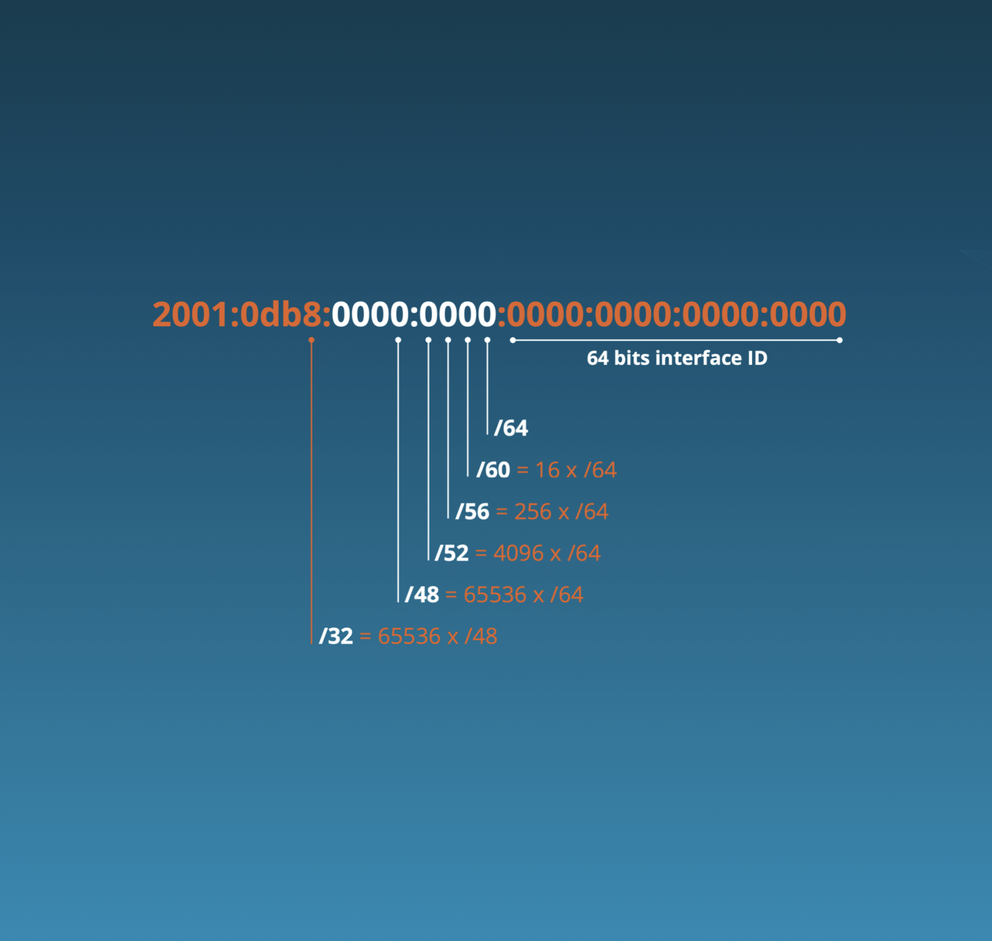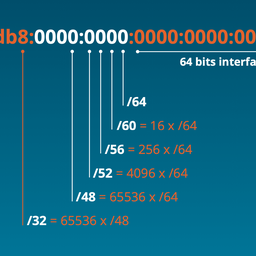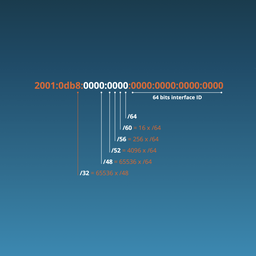The RIPE Address Policy Working Group is organising interim sessions to plan IPv6 policy discussions at RIPE 86 in Rotterdam. The purpose of these sessions is not to develop policy proposals. It is to define desired policy outcomes and set priorities.
These sessions are not to develop policy proposals. They are to define desired policy outcomes and set priorities. None of these outcomes are final. They are work in progress and the community can adjust them. Our goal is to help the community draw up what it wants the policy to deliver. That will help volunteers develop policy text and make it easier to converge on consensus.
The first of these sessions took place on Monday, 20 February with 24 people joining. You can watch a recording and read a summary of the full discussion on the interim sessions page.
A second session is scheduled for Tuesday, 11 April at 13:30 UTC (15:30 CEST) and everybody is invited to join. You can find the details to attend the session via Zoom.
Desirable policy outcomes
In February the group agreed on the description of desirable policy outcomes, but did not look at the priority for each piece of work.
Nibble boundary
The group agreed that the community should adjust the policy for allocations and assignments. The proposed outcome was that:
Initial and subsequent allocations or PI assignments should always be on a nibble boundary.
Documentation
The group agreed that we must make documentation requirements clearer. The proposed outcome was:
Published and predictable requirements - easy to implement. Renumbering should not be required to get more addresses but must be an option.
HD-ratio
The group agreed that the HD-ratio needs improvement. They agreed that it's hard to understand how it can apply to an actual network design. Adjusting the presentation in the policy document or adding an online calculator is not enough. The proposed outcome was that we:
Need a tool that matches the way network engineers plan and think.
Next Steps
The discussion will continue in a second interim session on Tuesday, 11 April at 13:30 UTC (15:30 CEST), on how the community might want to address the policy limitations of PI assignments
Once the desired policy outcome for each issue is documented, relative priorities can be discussed to better streamline the participation RIPE Policy Development Process. It is unlikely that the RIPE community has capacity to cope with four simultaneous IPv6 policy discussions.
You are invited to attend and contribute to the discussion on the 11 April via Zoom.
See you there!





Comments 0
The comments section is closed for articles published more than a year ago. If you'd like to inform us of any issues, please contact us.